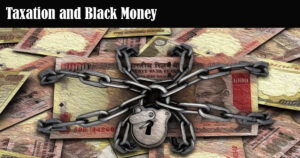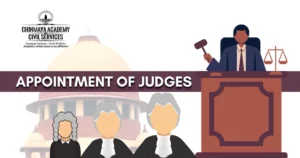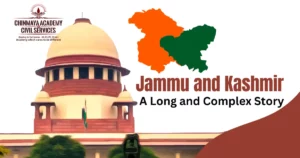Skip to content
Reforming Undertrial Detention in India
Right to Information (RTI) Act, 2005
Judicial Appointments: Political Neutrality in Global Perspective
The Prevention of Sexual Harassment (PoSH) Act
Pradhan Mantri Awas Yojana (PMAY)
Assent has been given by President toNew Criminal Justice Bills
Jammu and Kashmir: A Long and Complex Story
Criminalization of Adultery on a Gender-Neutral Basis
The Criminal Procedure (Identification) Act 2022
Tribes of India & Tribal welfare programmes
Cases in Manipur to Assam
.Hate speech will be prosecuted equally, no matter the faith
SC unveils handbook to eliminate gender stereotypes from law.
The debate around Article 370
Law on protection of Indian manuscripts



















